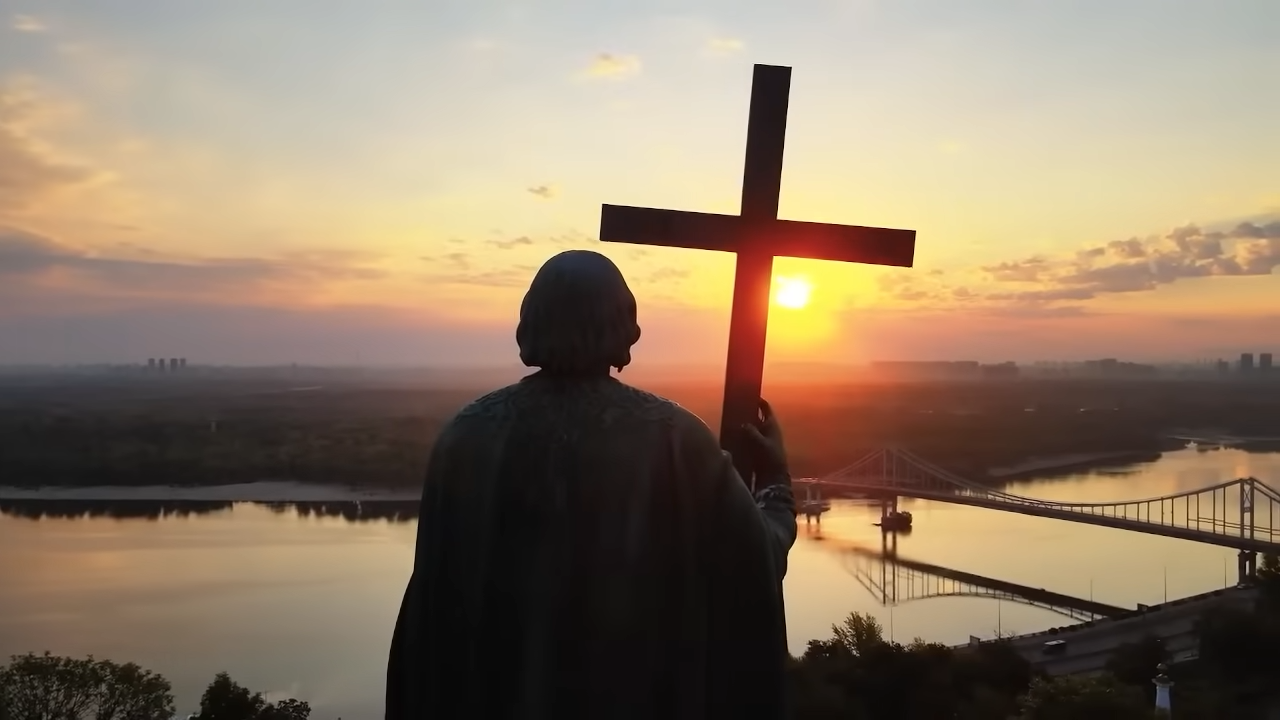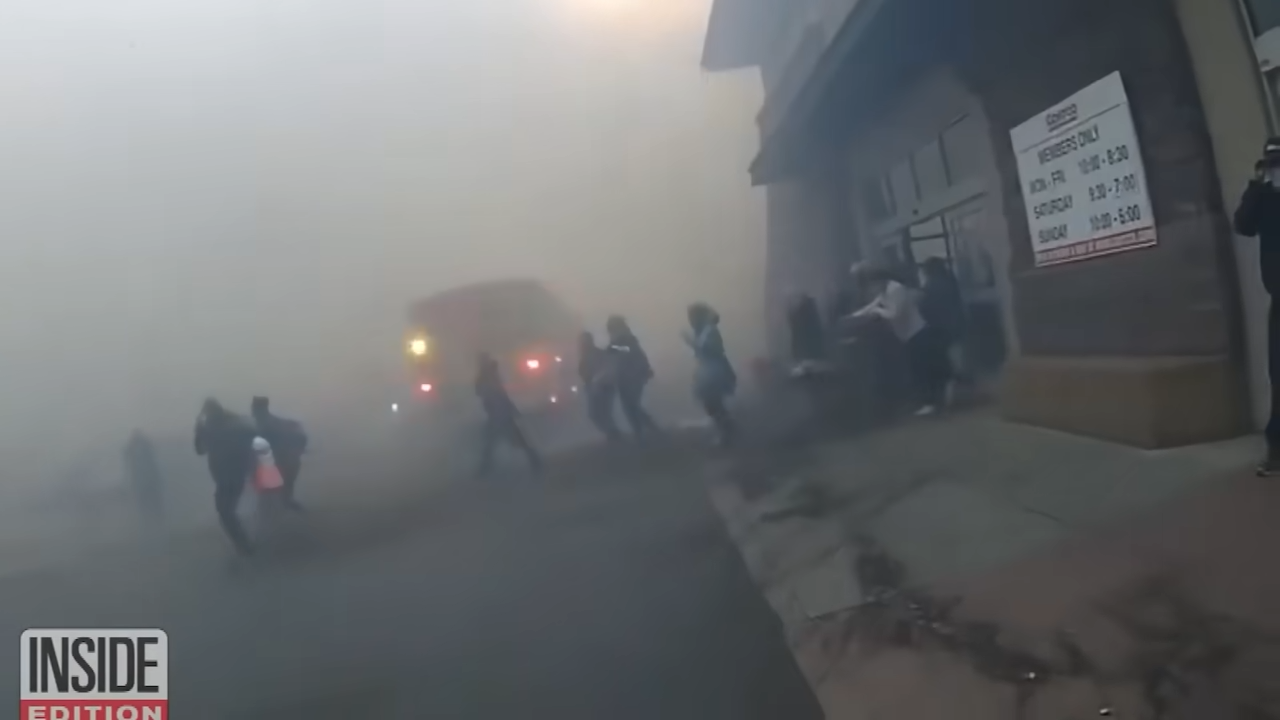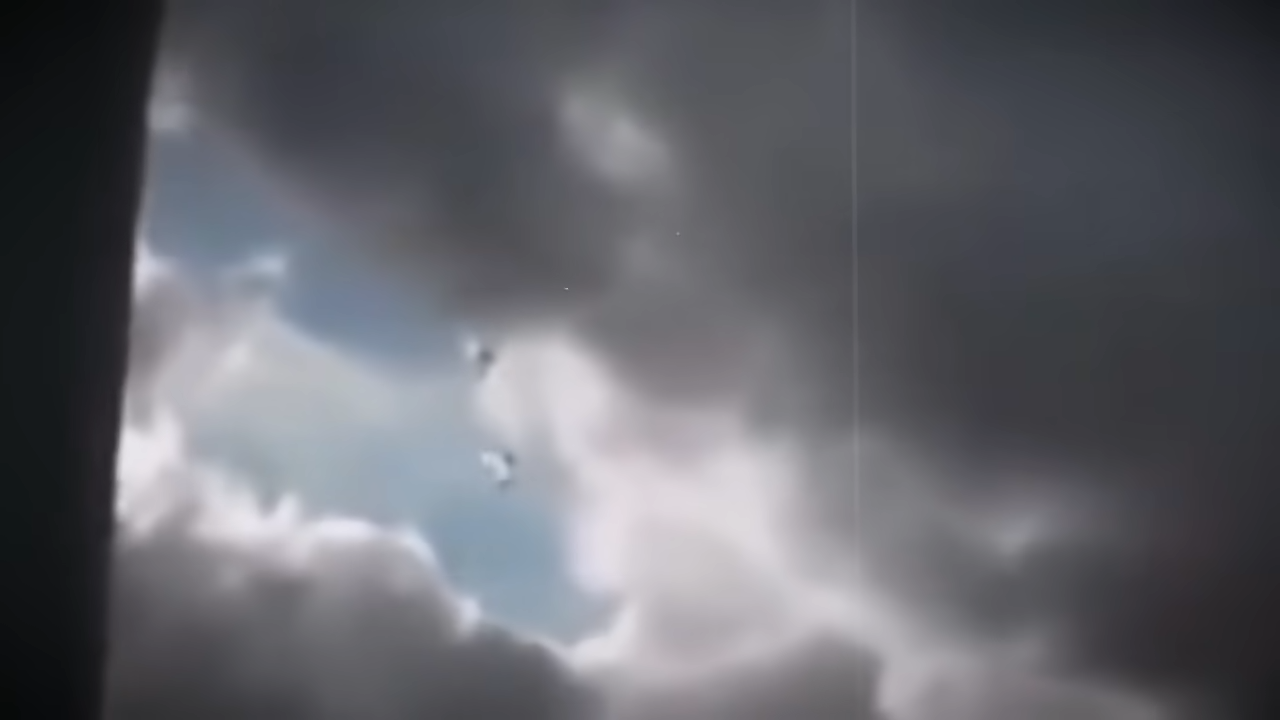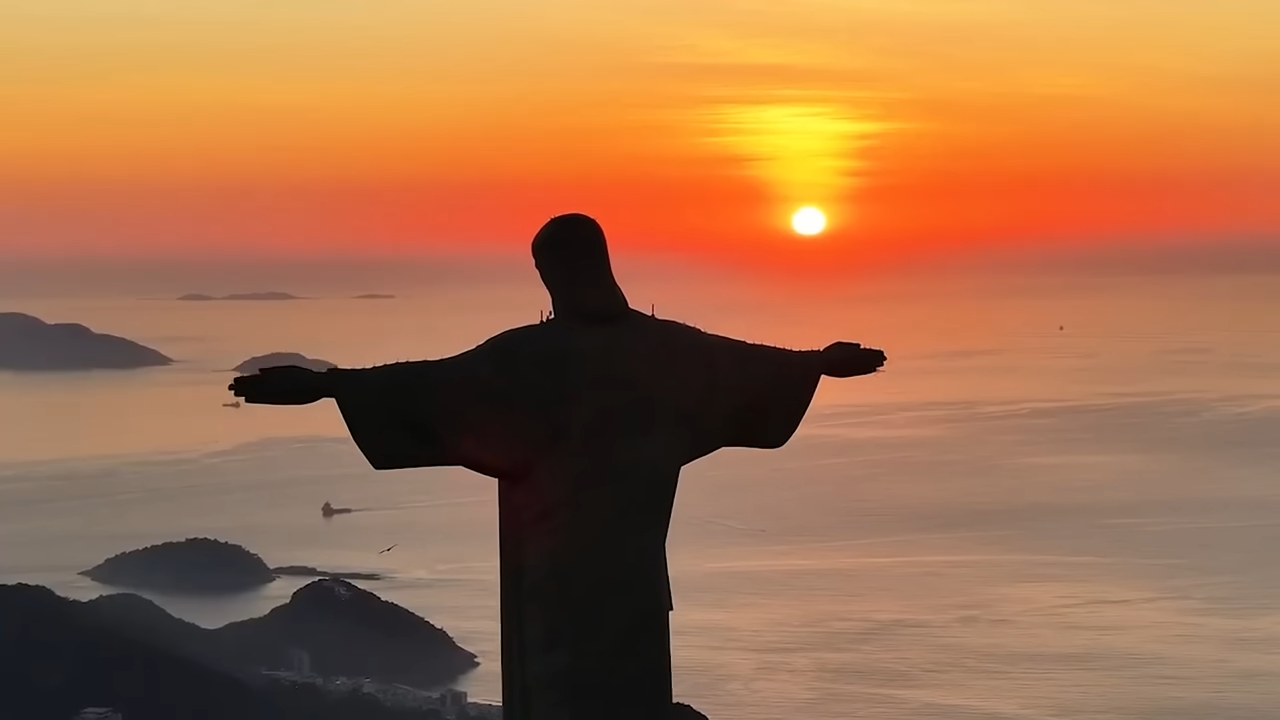
In the heart of Jerusalem, a city renowned for its deep spiritual significance and tumultuous history, a series of extraordinary events has gripped its residents and drawn the attention of the world. A tranquil morning was disrupted when an eerie light descended from the sky above the Dome of the Rock. Accompanied by haunting sounds that seemed to emanate from the heavens, the phenomenon sent shockwaves through the city. To add to the chaos, a vast swarm of locusts swept through the region, reminiscent of the biblical plagues of Egypt.
The atmosphere in Jerusalem quickly shifted from one of normalcy to unease. People hurried through the streets, leaving behind belongings and seeking safety. The once-vibrant markets and prayerful corridors of the Western Wall were overtaken by an unsettling sense of urgency. News of the events spread like wildfire, reaching not only locals but also the global Christian community, many of whom interpreted these occurrences as signs of biblical prophecy.
The celestial light that descended over Jerusalem was not the first of its kind. Similar manifestations had been reported in previous years—2016, 2017, 2021, and as recently as 2023. Each event was accompanied by strange phenomena, from thunderous sounds to vibrations that defied explanation. Witnesses described the sounds as a mix of metallic groans and musical echoes, some even claiming to hear indistinct voices. Social media was flooded with videos, photos, and personal accounts, yet even advanced technology failed to unravel the mystery.
The light itself, casting a divine glow over the Dome of the Rock, was seen as a symbol of spiritual significance. For many, it was a reassurance of God’s presence, a moment of awe in a world often plagued by uncertainty. However, for others, it stirred fear and questions about the future. The accompanying locust swarm only added to the sense of foreboding, evoking images of apocalyptic warnings.
Biblical scholars and religious leaders began to draw parallels between these events and ancient prophecies. The Book of Revelation speaks of trumpets heralding the end times, their blasts signaling divine judgment and cosmic upheaval. “Then I saw the seven angels who stand before God, and seven trumpets were given to them,” one passage reads. These celestial trumpets were said to precede significant events, shaking the very foundation of human existence.
The prophet Isaiah also warned of times when the earth would tremble with thunder, earthquakes, and fire, compelling people to seek refuge in caves and crevices. These descriptions, eerily similar to the recent happenings in Jerusalem, have prompted many to reflect on their spiritual state and prepare for what they believe may be the final days.
As the city reeled from the celestial spectacle, reports emerged of communities scrambling to respond. Christians, in particular, felt the weight of the moment. Some believed the events signaled a call to repentance and readiness for the return of Christ. Others saw them as warnings, urging believers to remain vigilant and steadfast in their faith.
The swarm of locusts exacerbated the chaos, threatening crops and livelihoods. The environmental strain was further compounded by the declining flow of the Euphrates and Tigris Rivers, creating water shortages and potential geopolitical tensions. These challenges mirrored the ancient story of Joseph in Egypt, who, through divine guidance, prepared for years of famine by stockpiling resources. The current crisis, however, left Jerusalem’s residents grappling with uncertainty and seeking divine intervention.
Above the chaos, the skies of Jerusalem continued to draw the world’s gaze. The luminous lights and strange sounds were interpreted by many as modern-day signs of divine intervention. Throughout history, cosmic phenomena have often marked pivotal spiritual moments—the star of Bethlehem guiding the wise men, or the pillar of fire leading the Israelites. Could these events be a prelude to something even greater?
While some interpreted the events as a divine message of hope, others raised questions about their authenticity. Could these be natural phenomena, coincidences, or even orchestrated events designed to manipulate faith and fear? Regardless of the explanations, the impact on the collective consciousness was undeniable.
Preparing for What’s to Come
Faced with these events, many Christians found themselves pondering their response. Some discussed retreating to rural areas, living off the land, and avoiding the pressures of urban life. Others emphasized the need to build strong, supportive communities of faith, ready to face challenges together.
The teachings of Jesus provided a roadmap for navigating such uncertain times. His message of love, forgiveness, and hope reminded believers to focus on eternal truths rather than the fleeting distractions of the world. “Blessed are the peacemakers,” he said, urging his followers to sow harmony even in the face of conflict.
A Call to Faith and Action
In the midst of uncertainty, the events in Jerusalem have served as a wake-up call for many. They are reminders of life’s fragility, the importance of living with purpose, and the hope that faith offers. The strange lights, trumpet-like sounds, and environmental challenges have stirred a collective awareness, prompting believers to strengthen their spiritual foundations.
As Christians around the world reflect on these events, the message is clear: remain steadfast, live with integrity, and prepare for the day when all things will be made new. Whether these occurrences are signs of the end times or calls to spiritual renewal, they invite everyone to pause, reflect, and draw closer to God.
In this time of upheaval, the story of Jerusalem stands as a testament to resilience, faith, and the enduring hope that light will prevail over darkness. As the world watches, one truth emerges: the divine narrative continues to unfold, and each of us has a role to play in its greater plan.






